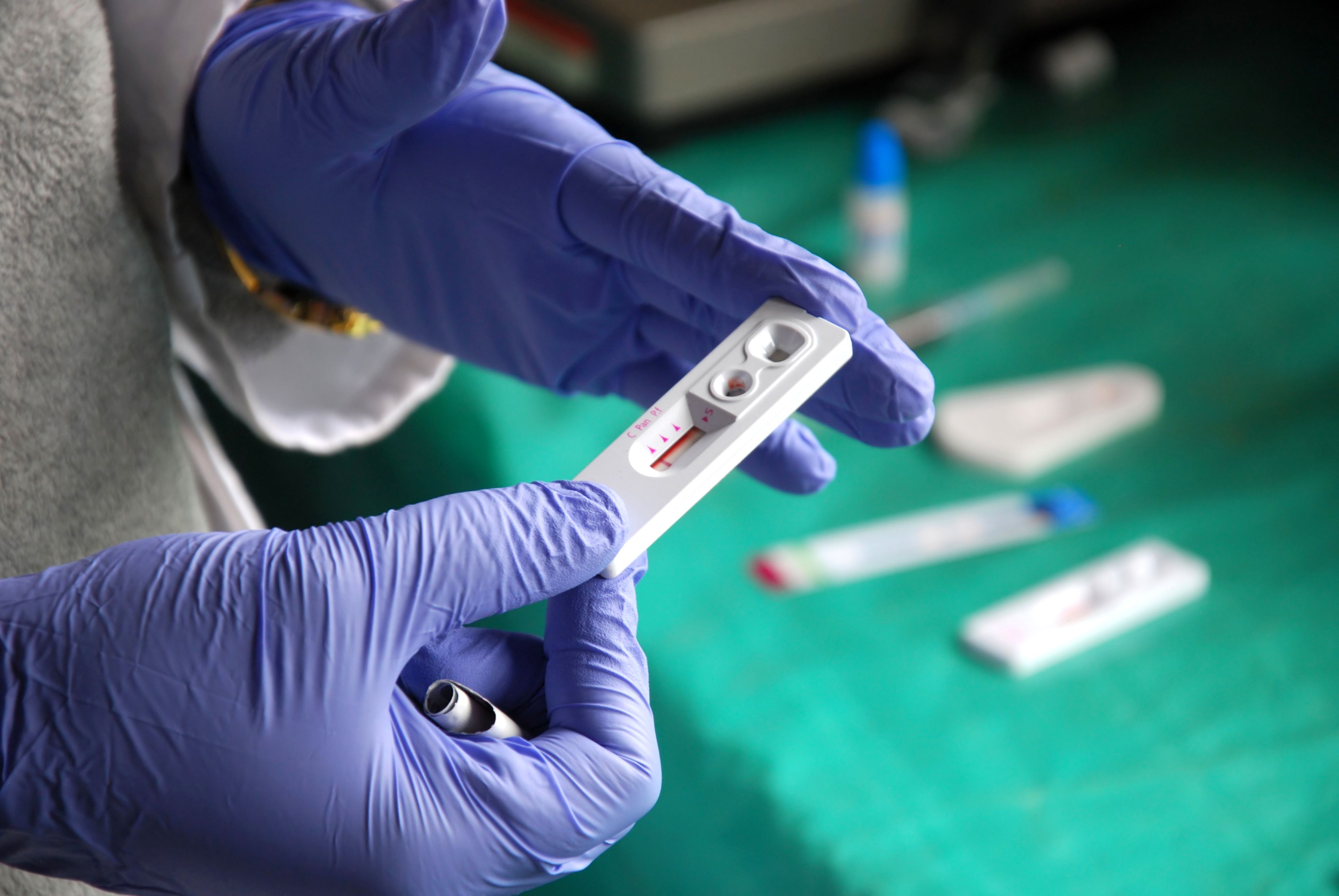Article
Heart Attack Risk Declines in HIV-Positive Patients
Author(s):
Decrease attributed to less toxic therapies and risk reduction measures.
Decrease attributed to less toxic therapies and risk reduction measures.
An evaluation of HIV-positive patients in California found a dramatic decrease in the risk of heart attacks over the last two decades, according to a study published online in the current issue of Clinical Infectious Diseases.
The study included 24,768 HIV-positive patients demographically matched with 257,600 HIV-negative individuals from Kaiser Permanente Northern California and Kaiser Permanente Southern California. The researchers found the adjusted risk ratio for heart attacks among participants dropped from an 80% increased risk in 1996 to no increased risk in 2010-2011.
"Our findings lend support to the concept that increased heart attack risk for HIV patients is largely reversible with continued emphasis on primary prevention in combination with early initiation of anti-retroviral therapy to preserve immune function," lead author Daniel B. Klein, MD, said in a press release.
The decreased risk found in the results may be attributable to health care access and far reaching cardiovascular risk reduction efforts through a large integrated health care setting, the study noted. Among these efforts are the implementation of health prompts during clinic visits, an electronic medical record with reminders for cholesterol and blood pressure monitoring, diabetes follow-up, and smoking cessation, the authors wrote.
Over the course of the study period, HIV-positive patients experienced similar increases in the use of lipid-lowering therapy and hypertension therapy compared with HIV-negative subjects.
Additionally, the patients started antiretroviral treatments earlier and were prescribed less toxic combination therapies.
"Such early and sustained improvements in care would have been necessary to achieve not only a reduction in risk of heart attack but a virtual leveling of risk between HIV-positive and HIV-negative individuals," senior author Michael J. Silverberg, PhD, MPH, said in a press release. "The takeaway from this study is that the well-established higher risk of a heart attack in HIV patients may be reversible. With better HIV treatments, and more attention to traditional cardiovascular risk factors, the difference in risk by HIV status has been diminished or even eliminated."
Newsletter
Stay informed on drug updates, treatment guidelines, and pharmacy practice trends—subscribe to Pharmacy Times for weekly clinical insights.






